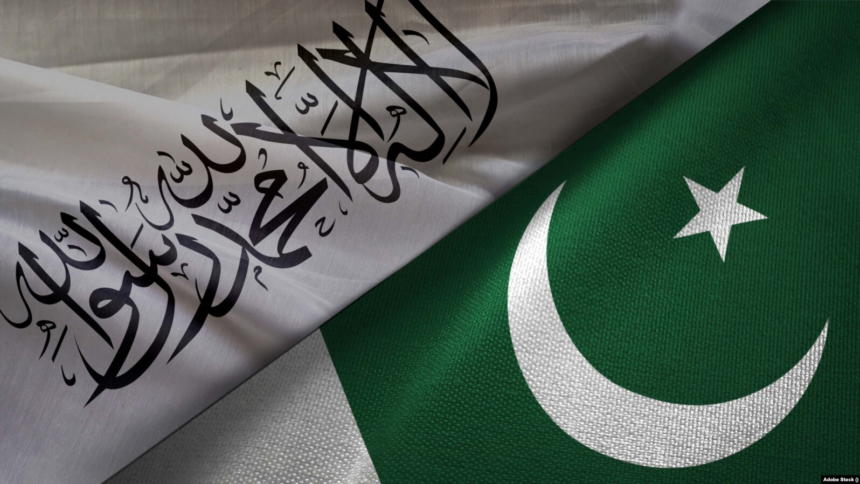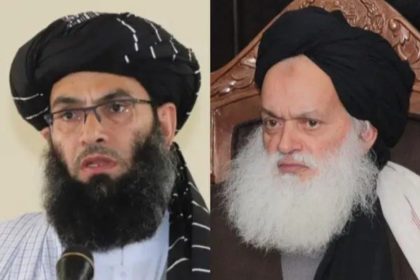RASC News Agency: In a development fraught with controversy and geopolitical implications, Pakistan is poised to take over the chairmanship of the United Nations Security Council’s 1988 Taliban Sanctions Committee in 2025. According to a detailed report by The Economic Times, Islamabad has also secured the position of vice-chair on the UN’s 15-member Counter-Terrorism Committee, further entrenching its influence within international counterterrorism mechanisms. This committee holds the critical responsibility of enforcing stringent sanctions against the Taliban: freezing assets linked to the group, imposing comprehensive travel bans on affiliated individuals and organizations, and maintaining an arms embargo all designed to curtail the Taliban’s capacity to destabilize Afghanistan and the broader region.
Concurrently, Denmark will chair the sanctions committee related to ISIS and Al-Qaeda in 2025, with Russia and Sierra Leone appointed as vice-chairs for these respective panels. Pakistan’s stewardship of this pivotal sanctions committee comes during its term as a non-permanent member of the UN Security Council for 2025–2026 a position that ostensibly signals an opportunity for constructive engagement. However, this appointment simultaneously exposes deep contradictions and raises profound questions about the efficacy and impartiality of the international sanctions regime. Pakistan’s historical role as a state sponsor and sanctuary for Taliban factions is well-documented and widely condemned. Despite the existence of rigorous UN sanctions, Taliban operatives have reportedly traversed numerous countries with impunity over the past three years. This blatant circumvention severely undermines the legitimacy and operational effectiveness of the sanctions framework, exposing it as little more than a nominal deterrent.
By placing Pakistan at the helm of the very committee tasked with restraining the Taliban’s transnational activities, the United Nations risks facilitating a conflict of interest that may further embolden the insurgents. Islamabad’s strategic calculus has long prioritized leveraging the Taliban as a proxy force to exert influence over Afghanistan’s political landscape often at the expense of genuine peace and stability. Moreover, Pakistan’s chairmanship threatens to erode the credibility of the UN Security Council itself, which must grapple with the dilemma of entrusting oversight of a terrorist-designated entity to a nation complicit in its survival and expansion. This paradox jeopardizes efforts to hold the Taliban accountable for egregious human rights abuses, systematic repression, and their role as a safe haven for extremist networks.
The broader regional security architecture remains precariously unbalanced as the Taliban consolidate power with external patronage, emboldened by a sanctions regime that is increasingly symbolic rather than substantive. The international community faces an urgent imperative to reassess and fortify sanctions enforcement mechanisms, ensuring they are insulated from political manipulation and capable of delivering tangible pressure on the Taliban’s apparatus. Ultimately, Pakistan’s chairmanship of the Taliban sanctions committee underscores the complex entanglement of geopolitical interests that continue to enable Taliban impunity. It is a stark reminder that without robust and impartial global governance, the cycle of destabilization in Afghanistan and the wider region is poised to persist unabated.






